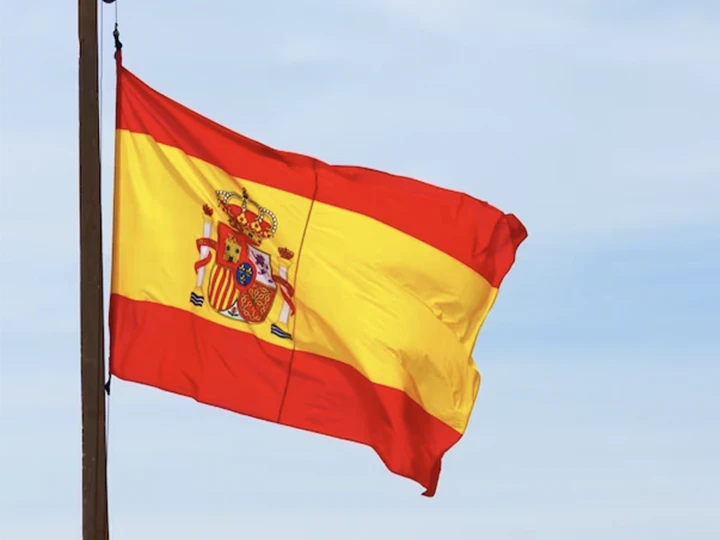When it comes to cases involving European Arrest Warrants (EAW) in Spain, the process can be complex and challenging. In this article, we will discuss a general overview of how to handle such situations, emphasizing the importance of legal expertise in securing a favorable outcome.
The Specific Case and Legal Challenges
In a recent case, an individual was arrested in Spain while on a family vacation due to an EAW issued by Italy. This triggered a legal process in Spain to assess the possibility of extraditing the individual to Italy. During the initial stages of the EAW proceedings in Spain, the Spanish judicial authorities deemed the EAW issued by Italy to be legitimate and in line with the principles of international judicial cooperation. This was mainly due to the seriousness of the crime the individual was accused of in Italy: involvement in an international criminal organization engaged in the trafficking of substantial quantities of narcotics.
Legal Strategy and the Obtained Release
Once the initial phase of the EAW proceedings in Spain concluded, the individual’s family sought legal assistance to understand the available options and how to proceed. The legal team examined the decision of the Spanish judicial authorities and determined that the chances of avoiding extradition to Italy were slim. Therefore, they advised the individual to consent to extradition to Italy, effectively closing the EAW proceedings in Spain. Why was this advice given? Let’s explore the rationale behind this decision.
The legal strategy was based on the understanding that, once in Italy, it would be easier for the individual to obtain a less restrictive pretrial measure than detention, despite the gravity of the charges (participation in an international criminal association for the international drug trafficking, punishable in Italy with a minimum penalty of 10 years).
The individual chose to follow the advice and consented to extradition to Italy, allowing them to face the legal process with greater peace of mind.
Arrival in Italy and the Request
After the EAW proceedings in Spain, the individual was transferred to Italy, where the judge ordered pretrial detention in prison. This was the individual’s first experience of detention and was a challenging time, especially considering that their family did not reside in Italy.
It was clear that a request for the replacement of the pretrial detention measure had to be made, as the charges were relatively old, and the individual’s behavior had been exemplary since the alleged crime. Pretrial detention is justified based on the existence of serious evidence of the crime and the need to prevent flight, the risk of recidivism, or tampering with evidence.
In this case, it was evident that, despite evidence against the individual, the need for pretrial detention had significantly diminished. Therefore, after the individual’s interrogation by the judge for preliminary investigations, a request for the replacement of the pretrial detention measure was submitted.
Request for Replacement of Pretrial Detention
The legal team noted that pretrial detention was not the most appropriate measure for the individual. It was argued that the individual’s right to a fair trial and the principle of proportionality had to be respected. It was emphasized that even in cases of serious crimes, the principle of proportionality allows for less restrictive pretrial measures than detention, such as house arrest.
In this case, it was demonstrated that there was no risk of flight, as the individual had consented to extradition to Italy from the beginning, indicating a willingness to face the legal process. Furthermore, their exemplary behavior in the years following the alleged crime indicated a low risk of recidivism.
The Court’s Decision
After careful evaluation of the request, the court decided to grant it, replacing pretrial detention with house arrest. The individual was released from detention and placed under house arrest.
The individual and their family expressed immense satisfaction, joy, and gratitude upon release, which was a well-deserved reward for all the work done.
In this case, the decision to consent to extradition to Italy from the beginning proved to be a wise and successful one, allowing the individual to face the legal process without the burden of detention in prison.

